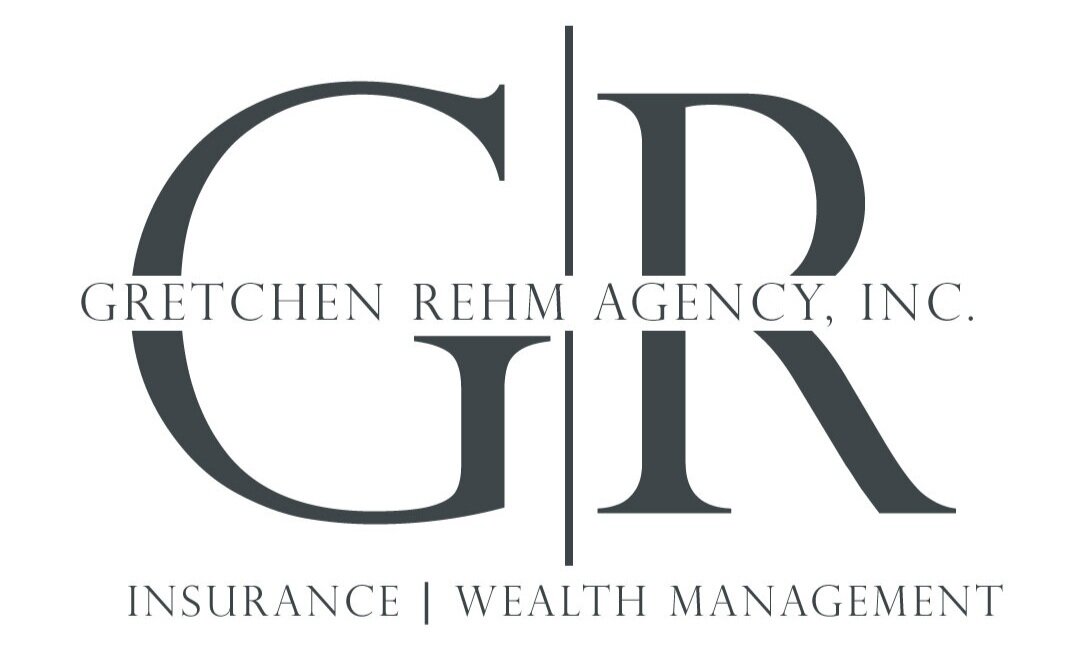Working a Side Hustle? Here’s What You Need to Know About Financial Planning!
These days, there are plenty of ways to bring in a little extra income for your family! I know many people who work side hustles as independent contractors, either alongside their full-time jobs or as their main source of income.
“Gig” jobs include:
Driving for a delivery service
Engaging in direct sales
Donating plasma
Making items to sell at craft shows or online
Reselling second-hand stuff
Owning a property that is rented out as a vacation rental
Offering tutoring services
Giving music lessons
Cleaning houses
Affiliate marketing
Content creation / UGC
Petsitting
Babysitting
Freelance services (writers, graphic designers, website developers, etc.)
The list goes on and on! Statistica reports that: “In 2023, there were about 36.6 million occasional independent workers in the United States, an increase from 15.8 million in 2020.”
Because the “gig economy” affects so many people, let’s dive into the unique challenges of working side hustles, and how that affects your long-term financial planning.
Can You Plan for Retirement as a Gig Worker?
You always have the option to save the money you earn “on the side” - including having a retirement plan - no matter how many gigs you take on. Self-employed workers can find plenty of savings options, such as an Individual 401(k).
Even without an employer-provided program, an individual (or sole proprietorship) can contribute up to 25% of your earnings, up to $69,000, to a plan. A SEP IRA is another great option for people who are self-employed. You can contribute the funds via your own contributions, but not any from an employer directly, with this type of retirement fund.
How Do Side Hustle Savings Differ from Traditional Employment?
A gig-to-gig source of income can be irregular. There is no set paycheck hitting your bank account every two weeks. Instead, you get paid as you finish jobs. You may earn frequently, or only seasonally. However your gig operates, it likely means your finances are unpredictable and unbalanced.
This irregularity means that a set budget is all the more important to balance your finances. Understanding your monthly expenses (bills are still due regularly, even if your pay is not) can go a long way in paying your debts in a timely manner.
An emergency fund is also a crucial necessity. While your paychecks may come and go with no predictable rhythm, you still have the same likelihood of unplanned emergencies as the next person. Create a nest egg to be sure you’re covered for life’s unexpected expenses!
How do Insurance and Taxes Work if You’re Self-Employed?
If you’re working a side hustle, money is not taken out automatically for taxes - but that doesn’t mean you don’t have to pay taxes on what you’re earning! It’s a good idea to break your tax payments down into quarterly installments, so you are not facing a massive bill in the spring.
A benefit of being a 1099 worker is that you may also have tax deductions that won’t count as taxable income. But as a reminder, my team and I are not tax preparers. Please go to an experienced tax preparer or certified public accountant (CPA) to ask any specific questions about filing your taxes, setting up quarterly payments, and asking about deductions.
Insurance is something else you might need to consider if you’re working side hustles or if you don’t have insurance through an employer or through your spouse’s employer. Gretchen Rehm Financial is partnered with Rehm Insurance to provide insurance coverage for individuals and families. Through this partnership, we have your financial and insurance needs all under one roof! We are committed to helping you protect yourself from life’s unexpected emergencies.
Feel Confident - Just Reach Out with Questions!
No matter your sources of income, there is helpful available so you can find smart ways to manage your finances. If you are seeking some financial guidance, reach out anytime or schedule an appointment here!
Insurance products are not offered through The Lincoln Investment Companies.

